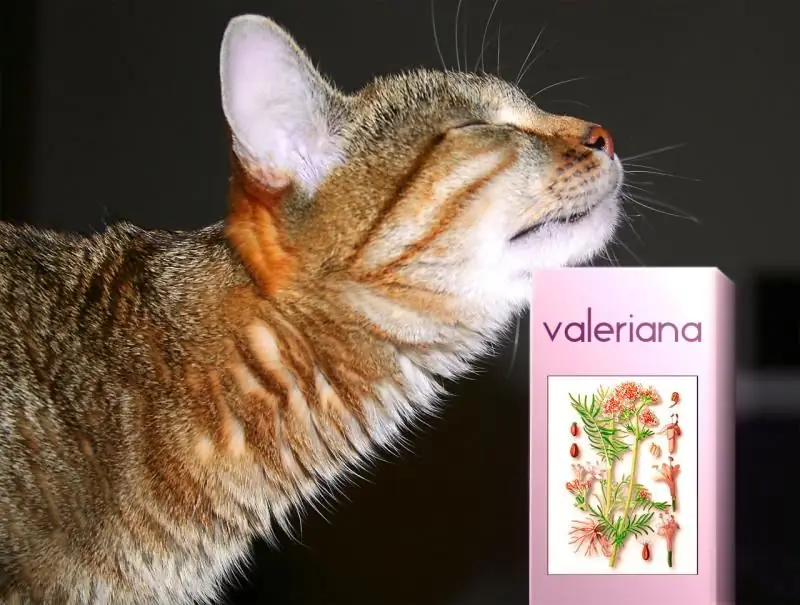
Table of contents:
- Author Bailey Albertson albertson@usefultipsdiy.com.
- Public 2023-12-17 12:53.
- Last modified 2025-01-23 12:41.
Why cats love valerian

The well-known valerian is an excellent helper in the fight against overexcitation, spasms, migraines. Many cats are not indifferent to its smell. However, the effect on them is different from what a person gets. Is Valerian Safe for Pets?
Content
-
1 What is Valerian officinalis
1.1 Dosage forms
-
2 How does valerian act on cats and cats
- 2.1 Why does the smell of a plant attract cats
-
2.2 What happens to the cat from valerian
2.2.1 Video: what will happen if the cat is given valerian
- 2.3 Can addiction appear
- 2.4 Do all cats love valerian?
- 3 Is it worth giving valerian to a cat
-
4 How you can use valerian tincture for good purposes
4.1 Benefit or harm
- 5 Reviews of the use of valerian by cats
What is Valerian officinalis
Valerian (cat grass, meow) is a plant belonging to the genus of perennial herbaceous plants. The effect on a person can be described as sedative and antispasmodic.
Valerian officinalis has become an excellent human assistant in the treatment of diseases associated with recurrent headache, gastrointestinal dysfunctions, and cardiovascular abnormalities. Frequent use is due to insomnia, nervous excitement.

There are a large number of preparations in which valerian roots have found their application.
The homeland of the plant is the Mediterranean. Valerian officinalis is a thermophilic plant, often found in temperate and subtropical climates. It is impossible to find this grass only in permafrost and drought regions, for example, in the Far North and Central Asia. The plant prefers areas with swampy soil, humid forests, the banks of reservoirs, meadows.
Valerian is rich in nutrients:
-
acids:
- oil;
- acetic;
- formic;
- alkaloids;
-
ethers:
- valerian;
- borneol;
- sugars;
- tannins;
- alcohols;
- glycosides.
Dosage forms
In pharmacies, various medicinal products containing valerian are sold. The release forms of valerian itself are:
- tincture or drops;
- powder;
- pills.
Often in pharmacies you can find crushed dry herb for making tea or decoction.
How valerian acts on cats and cats
It should be noted right away that valerian acts on cats in a directly opposite way to humans. For any cat, this is a drug. Often animals, after ingestion of the drug, suffer from hallucinations. The cat can behave completely inappropriately:
- attack furniture;
- throw yourself into empty space, as if at an enemy;
- go into a panic state and hide.
A sharp surge of hormones occurs, after which the animal plunges into a phase of deep sleep. A cat expends an incredible amount of energy, and it takes a lot of time for it to normalize its internal processes, bringing the nervous system back to its original state.
Knowing what consequences the use of valerian brings to the condition of a cat, one must categorically avoid any temptations to suggest that the cat try the medicine in any form. Overdose can cause death of a pet.
Oddly enough, my Thai kitty showed absolutely no reaction to valerian. We were moving to a new apartment, and while collecting things, the cat was very worried. Then the idea came to give her a sniff of valerian (I had no idea about any of her harm). True, I had the drug in the form of a tincture. Perhaps the strong smell of alcohol scared the cat away.
Why does the smell of a plant attract cats?
In its composition, valerian contains actinidine. This substance is akin to the pheromone found in animal urine. Veterinarians consider it to be the main factor affecting cats when consuming valerian. When an element enters the body, the animal falls into a euphoric state, similar to a human being in alcoholic or drug intoxication.

Actinidin is a pheromone-like substance found in valerian root that attracts cats
Actinidin increases the excitability of the nervous system, often causing aggression. Cats can do a lot of harm by attacking the owner.
What happens to the cat from valerian
If an empty bottle of valerian tincture comes into the cat's field of vision, then the animal exhibits obsession, similar to behavior during sexual desire. It will roll around the bubble, emit a loud meow.
If the drug enters the pet's body, then the situation will be much worse:
- The animal begins to have coordination problems. The cat cannot enter doorways, move smoothly, and will fall on its side.
- The increased dose leads to delirium tremens with hallucinations. This behavior is often a consequence of the use of alcohol tincture. Natural processes in the cerebral cortex are inhibited. Under the influence of electrochemical impulses, excitation in the nervous system can last for a very long time. Not every animal can withstand such blows to the body.
Video: what will happen if the cat is given valerian
Can addiction appear
Valerian contributes to the development of habituation in a cat from the first dose. Once tasted, the cat will look for this smell and its source again. If the animal does not get what it wants, a state of rabies develops. The pet begins to show aggression, bite and scratch.
If a cat tries an alcoholic tincture, then, in addition to valerian, he is influenced by the alcohol contained in the preparation. A single use of a scanty amount is also addictive. If the animal is very sensitive, then it ceases to control itself immediately.
The fact is obvious - representatives of cats are madly in love with valerian. For fun, you cannot offer a drug to an animal. If a cat has tried valerian and became a "drug addict", then you can help him, but you must first consult a veterinarian. Experts advise:
- Buy toys with soft inserts for the cat. They are impregnated with Valerian officinalis oil. Ether is not harmful to health, like ingestion.
- Replace valerian with catnip, actively sold in zoo pharmacies. Its scent also attracts cats, but does not have an adverse effect.
Getting rid of addiction is a laborious process, but nothing is impossible for a loving owner.
Do all cats love valerian?
Not all representatives of felines are crazy about valerian. There are animals that show absolute indifference to her. As mentioned above, males are most exposed to the drug. Most likely, this is due to the fact that the pheromone contained in valerian more intensely affects males. Kittens are completely devoid of interest in valerian.
It has also been noticed that Siamese cats are immune to valerian.

Representatives of the Siamese breed are indifferent to the Valerian
Should i give valerian to a cat?
Any veterinarian warns cat owners that valerian should be kept out of the reach of the animal. It doesn't matter what form of release the drug is in, the main thing is that the cat does not get to it.
If a cat has tried valerian, in no case should you give in to his "persuasion" to repeat the technique. If the animal takes this medicine for a long time, then as a result there are:
- allergies;
- diseases of the gastrointestinal tract;
- problems with kidney function;
- mental disorders;
- disruption of the central nervous system.
But no matter how harmful the effect of valerian on the cat's body may be, the medicine can be beneficial. When an animal has problems with cardiac activity, veterinarians prescribe medications containing valerian, but in "microscopic" doses. Here, too, one must be careful and under no circumstances exceed the dosage prescribed by the doctor.
If the owner takes the cat with him to the dacha where the plant grows, then there is nothing wrong if the cat feasts on it. Perhaps the animal needs to have its stomach treated, and it instinctively looks for options.
How can you use valerian tincture for good purposes
There are cases when valerian can be used without harm to the animal:
- If the cat refuses to get accustomed to the litter box, then you can use the drug to wean the pet from shitting in the wrong place. For this, the floor is washed in the most thorough way and sprinkled with valerian tincture. The scent will prevent the treated areas from being used for other purposes.
- If the cat needs to be transported long distances, but the animal panics at the sight of the street, you can treat the pet with valerian tablets. Once the animal is asleep, it can be transported. But the dose should not exceed two tablets. The tablets do not harm the animal's body as much as the tincture. You can use this technique no more than once or twice a year.
When the cat is sad or stressed, it is better to use catnip instead of valerian. This plant will not addictive to the pet, but it will help to cheer up without harming health.
Benefit or harm
There are exceptional cases when valerian is used to treat sick pets. Diseases can be associated with:
- with endocrine system disorders;
- with deviations in the work of the nervous system;
- with gastrointestinal problems.
Any drugs are given to cats and cats under the strict supervision of a veterinarian. Dosage compliance is a major aspect of recovery.
All other cases have a detrimental effect on animals. The addiction to valerian arises with lightning speed, and it is very difficult to get rid of it.
It is impossible to say unequivocally that valerian is harmful. But there is no doubt that there is more harm than good.
It is strictly forbidden to give valerian to kittens and pregnant cats. The possibility of a lethal outcome increases several times.
Reviews of the use of valerian by cats
What is good for a person does not always benefit animals. If a person can fearlessly take valerian for the purpose of recovery, then this drug can cause fatal harm to cats. For the sake of entertainment, you cannot experiment with the health of the animal and offer him to feast on valerian for his own pleasure and funny moments. Often the cat's reaction can be so unpredictable and inadequate that the owner himself may suffer from the pet's actions. You need to respect your pet and not endanger his life for the sake of curiosity.
Recommended:
Why Do Cats (including Pregnant) And Cats Dream: Interpretations Of Popular Dream Books, Descriptions Of Various Dreams About Kittens And Adult Animals
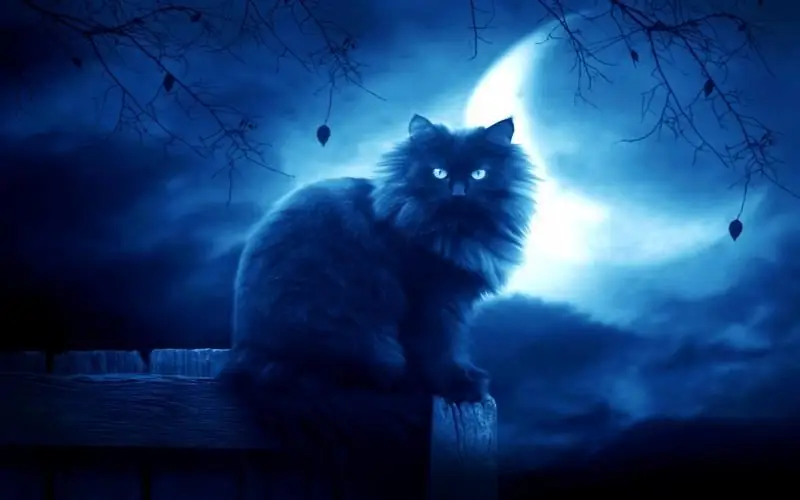
Why do cats, cats, kittens dream: interpretation from famous dream books. The meaning of the appearance of the animal, its condition and actions, as well as the sex of the dreamer
Fosprenil For Cats And Cats: Instructions For Use In Kittens And Adult Animals, Contraindications And Side Effects, Price, Reviews
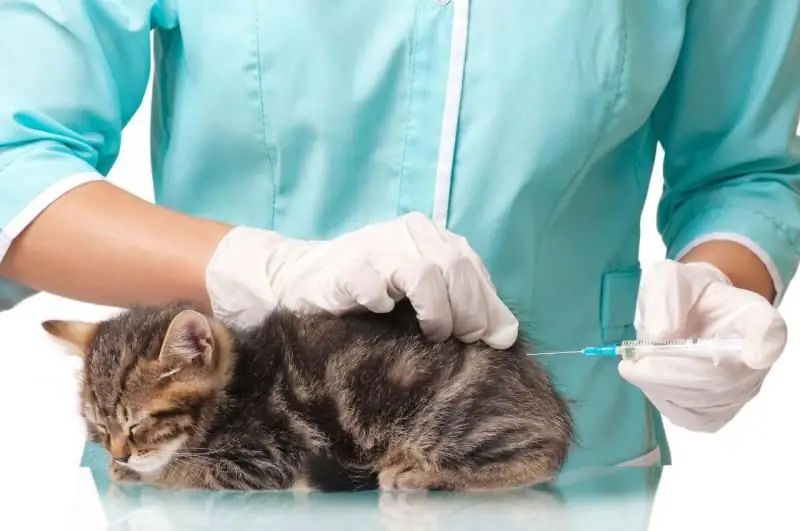
What is Fosprenil used for in cats: composition and release form of Fosprenil; indications for use; contraindications and side effects
Is It Possible To Soak Dry Food For Cats And Cats: Features Of Soaking For Adult Animals And Kittens, Recommendations Of Veterinarians
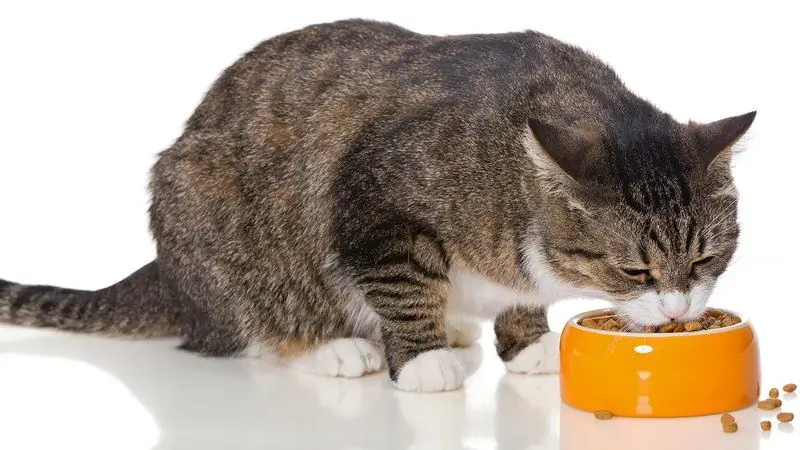
Is it possible and when it is necessary to soak dry food for cats and kittens, how to do it correctly, is it possible to store soaked food. Veterinarian recommendations
How To Remove Fleas From Cats And Cats At Home: How To Get Rid Of Them From Kittens And Adult Animals By Folk And Other Means, Photo
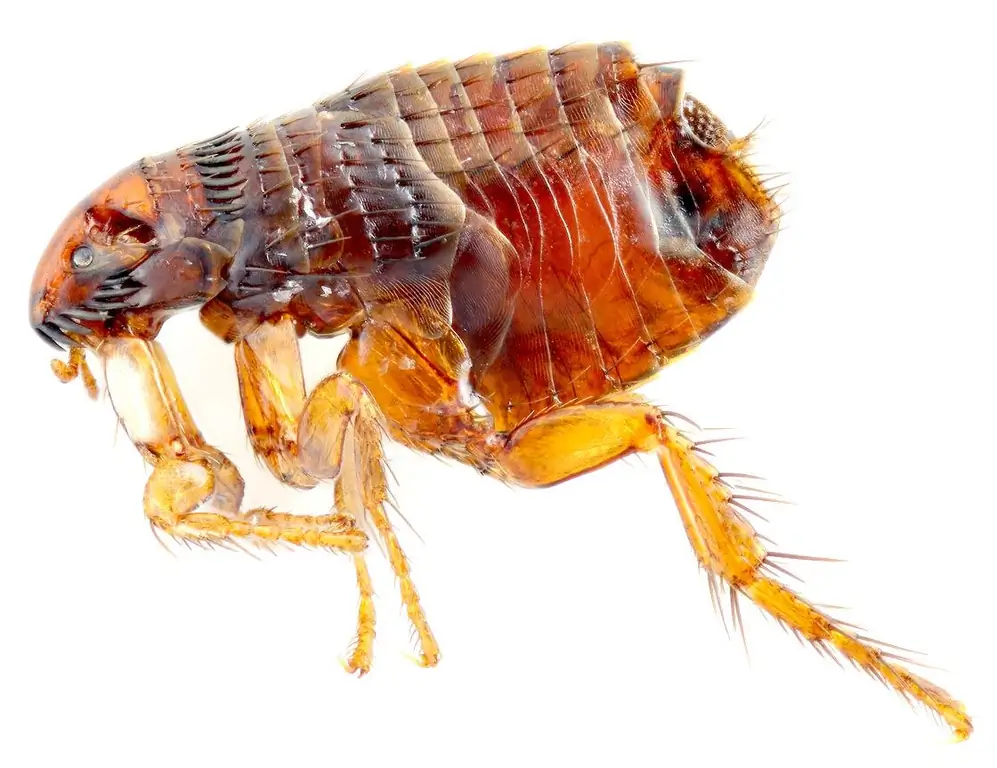
Flea life cycle. What is their danger to a cat? How to destroy fleas: drugs, folk remedies. How to prevent your pet from getting infected
Why Does A Cat Or Cat Shed Heavily And What To Do If The Hair Climbs And Falls Out In Large Quantities In A Kitten And An Adult Animal
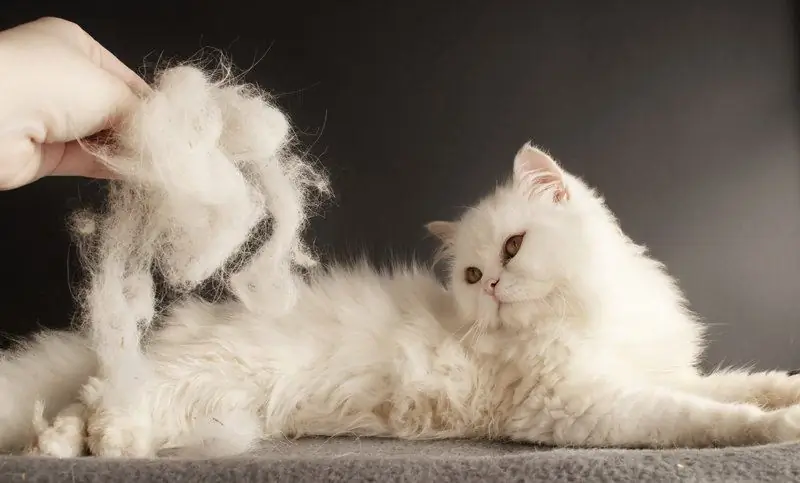
How is molting in cats normal? Features in different breeds. How to help a cat with normal and prolonged molting. Diseases manifested by abundant molting
